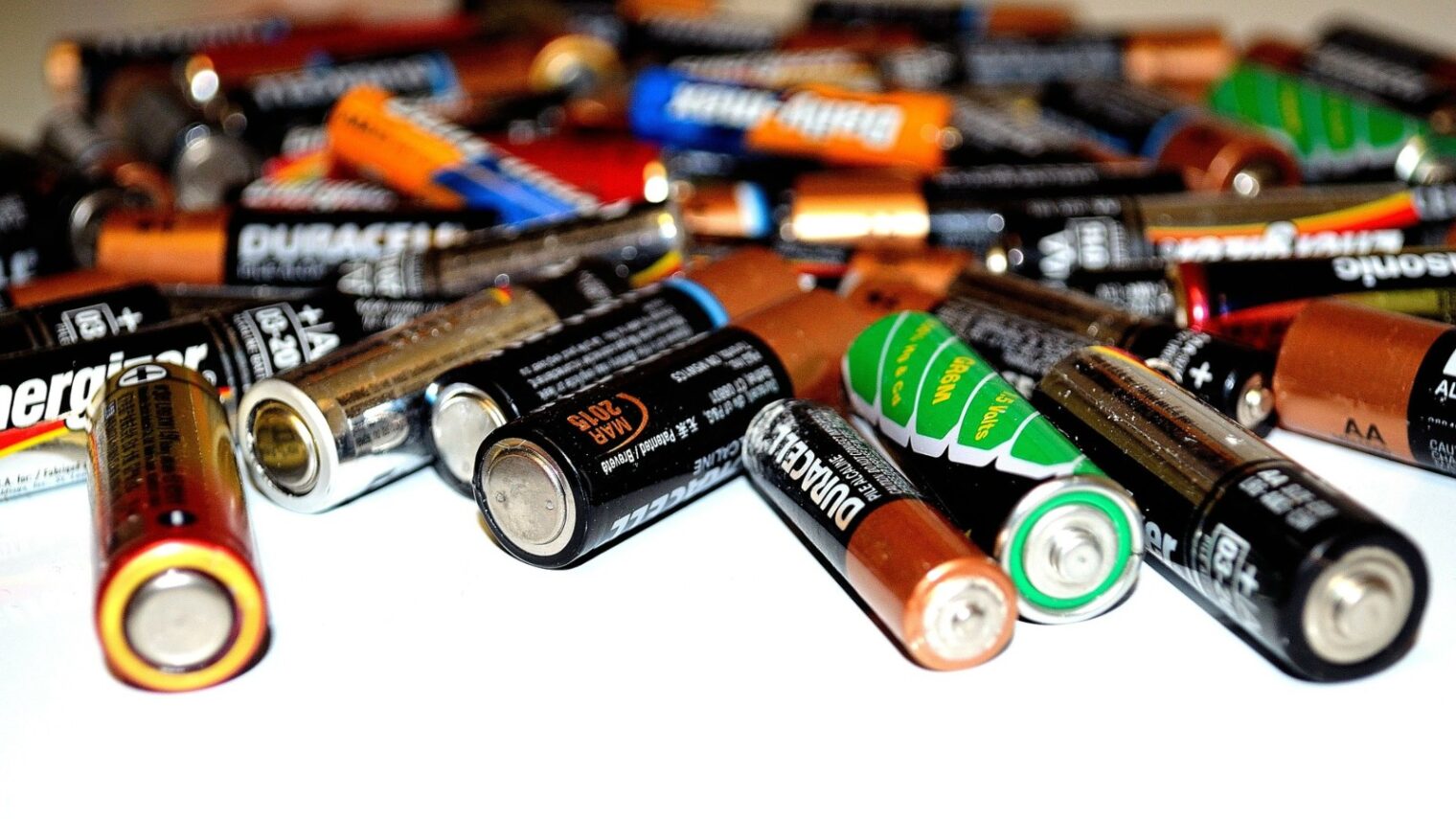Whether it’s for powering electric vehicles (EVs), drones or power tools, to keep count of steps via fitness trackers or even to store unimaginable amounts of energy, there is one common factor bringing all these elements together: the battery.
One of the objects that we use every day of our lives is in charge of one of the biggest transitions of our time — saving the planet and being more eco-conscious.
From the EV revolution to the role of renewable energy to allowing the development of next-generation technology, the battery is at the forefront of it all.
The EV revolution depends on batteries
The battery, a small and commonly unappreciated component, has a heavy weight resting on its shoulders, and will allow many industries, including EVs, to move to clean energy and thereby make oil, coal and gas less needed.
EV sales hit a record 3 million in 2020, a 40 percent increase from 2019. This growth contrasts with the general car market, which fell by 16% due to the Covid-19 crisis. As such, there are now more than 10 million EVs on the road, which equates to approximately 1% of global car stock.
Furthermore, the net zero emissions by 2050 scenario predicts 300 million EVs on the road as they now account for over 60% of new car sales, compared with only 4.6% in 2020.
Therefore, with the projected amount of EVs expected on the roads over the next few years, battery supplies will have to match demand, leading to batteries being a key factor in the decarbonization of the planet.
The role of renewable energy
With the topic of renewable energy constantly on the table, it’s no longer just about countries being greener, but about being self-sufficient.
Seeking to be as autonomous as possible when it comes to energy, nations are mapping out how they can disconnect from external suppliers.
Germany, for example, was initially aiming to get 100% of its energy from renewable sources by 2050, but it is now aiming for 2035. This illustrates how nations are striving to move away from relying on others and instead going for energy independence.
Moreover, once renewable energy is produced, it needs to be stored. As countries are investing in local energy production plants including wind and solar farms, they also are investing in battery development facilities.
For example, Italy is supporting the Stellantis battery plant with 369 million euros, highlighting the importance of renewable energy and reliability.
Paving the road to a happier planet
In addition to being used in EVs and to increase renewable energy storage, batteries also play an important role in enabling next-generation technology to improve mobility, wearables and communications among many.
Indeed, the battery is becoming one of the lead players in allowing appliances to be more powerful and creating a greener planet for our generation and those to come.
The effect of new battery design
One of the main drawbacks in batteries currently is performance limitation, and in the case of EVs, having to choose between range and power.
New battery design allows batteries to be more efficient, opening the door to various performance improvements such as longer range and faster charging time.
These improvements will lead to the more widespread adoption of battery-run devices that in turn will enable a change toward a greener planet.
Dr. Moshiel Biton is the CEO and Co-founder at Addionics, an Israeli startup developing a low-cost, high-power, high-energy battery.
















